
Feminism
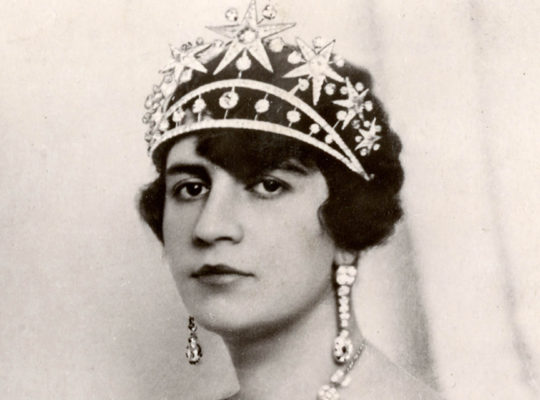
The Eva Perón of Afghanistan
Standing next to the king was his wife, Queen Soraya Tarzi, who was to Amanullah what Khadijah was to the prophet. As her husband finished his speech, the queen smiled and looked at the king with pride and affection as she gently tore off her veil, sending shockwaves throughout Afghan society.
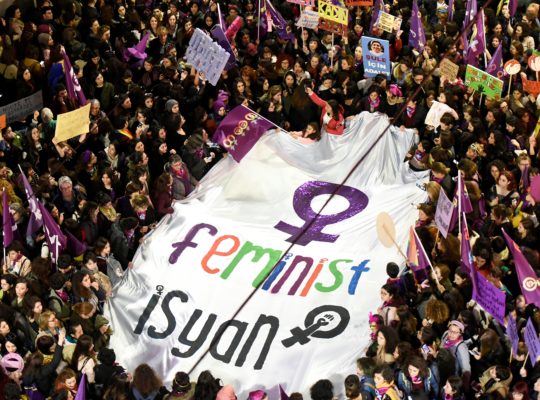
Ottoman Feminists and their Struggle in Modern Day Turkey
Still today, a majority of the public believes that women were handed their rights on a silver platter. However, according to the rectified version of history, it was in the late 19th century that Muslim women of the Ottoman Empire first started to demand their rights.
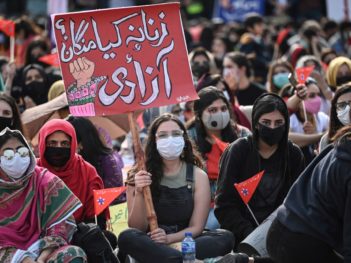
Pakistan’s Aurat March and its Unrelenting Feminists
This is a behenchara, a sisterhood that grows stronger with each media attack or attempt to pull it down. Pakistani women have fought the patriarchy for so long and have suffered its consequences too many times. But like before, they have only reemerged stronger for next year.
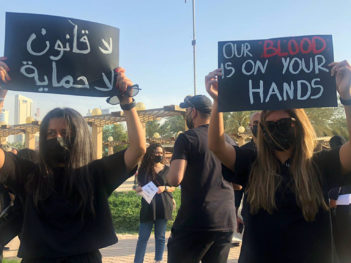
‘Silence No More’: Women’s Rights in Kuwait Face an Uphill Battle
A string of femicides struck Kuwait over the past year - one in which zero seats were won by women in parliamentary elections, highlighting the intricately systemic obstacles Kuwaiti women face in a country often imagined as a progressive hub in the region.
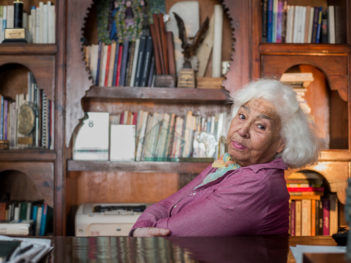
The Hidden Face of Nawal El Saadawi
The Egyptian writer was marginalized and misunderstood at home and abroad. In Egypt, she was labeled anti-religion and secular. But in the West, too, she was put in boxes: Arab, feminist, revolutionary. She was more than all those things: a universal writer who transcended boundaries and wrote of the human condition.
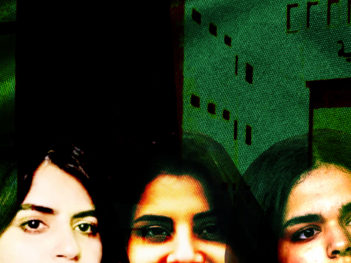
Saudi Arabia’s Houses of Horror for Disobedient Women
Fear of ending up in a state-run Home of Care was echoed in every interview I conducted with women who sought asylum abroad after leaving the kingdom. Understanding this institution is crucial to understanding what the women are running away from.
